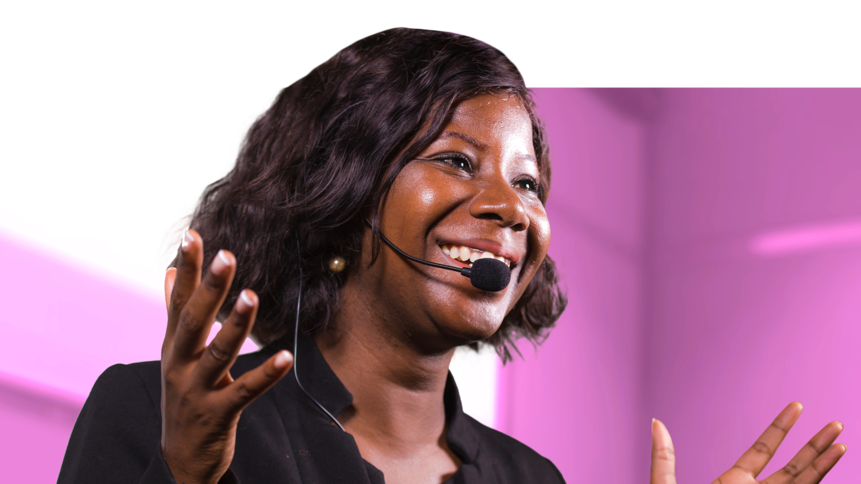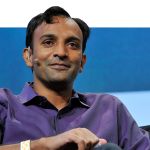Is the CDO the business leader of tomorrow?

CDOs (Chief Data Officers) will become so crucial, they will become one of the best-renumerated leaders.
That’s according to a whitepaper by Exasol. The report, From CDO to CEO: Why your data expertise could make you a future business leader, accepts that data is now widely regarded as the company’s most valuable asset— 77 percent of IT directors agree on it.
But while businesses are often set on banking as much as possible, the challenge comes in turning that data to drive critical business outcomes.
According to Carolina Carruthers, one of the UK’s first CDOs, most businesses today are “data hoarders”, but don’t have people with the skills to understand how to process and use that data.
“[…] the questions needed to improve data use are not being asked within the organization.
“The data is available, but those without experience in data handling don’t know what they don’t know, so they can’t use it to its full value,” she said.
Doing that requires more than just analytical and technical knowledge; it needs creativity, and that is where today’s CDOs are earning their money, rapidly emerging as some of the most valuable members of every business, across all industries.
The rise of the CDO
According to Forbes, in 2012, just 12 percent of Fortune 1000 companies had a CDO. Six years later, and that figure now sits at more than two-thirds (67.9 percent).
The rise comes as data professionals grow in influence; research from Exasol and YouGov found that four in five businesses (82 percent) agreed that the speed with which they’re able to analyze data will become more important over the next 18 months.
Director of Group Sciences at insurance services firm Legal & General, Peter Jackon, said that, as a CDO, he has seen the potential for data insights to be used as an additional revenue stream.
“As well as helping us improve business processes, the intelligence we are gathering can be monetized to sell to other businesses to help them improve their efficiencies,” said Jackson. “Whether it’s customer demographics or new ways of working, if our data is insightful enough, we can offer this to others to use in their own strategies.”
He continued; “They are responsible for leading the strategic direction of the company, understanding and leveraging data to support the strategy, and playing an increasingly important role in shaping and influencing the strategy.”
That means the CDO, as an evolution of the data analyst, is key to driving business across the board, including revenue growth, innovation, and operational efficiency. They must be able to understand every aspect of the business, from sales to marketing and HR, and provide those functions with access to the insights they need.
That now pivotal role in the business— coupled with their demanding, advanced skillsets— means they are hard to find and, as such, can command high salaries. At the same time, their ability to intrinsically understand the business means they are ideally placed as candidates for future leadership.
YOU MIGHT LIKE

Is there a data scientist shortage?
Data storytellers
When it comes to acting on data insights, it’s unrealistic to expect the CDO and its team to be solely responsible. It’s up to various business functions to execute and use it. That said, the CDO has a vital role in demystifying it and ensuring it can be used at a functional level.
Responding to a Deloitte survey that found most business executives felt they lacked the skills or were not comfortable in using data, Carruthers said CDOs must ensure they “make data less scary” for their teams. That can include allocating ‘data citizens’ across departments who can make tactical use of data from more entrenched positions in the organization.
In essence, the CDO’s role requires them to be data storytellers— to transcend their technical and analytical knowledge, to creatively engage their companies with past successes and the massive possibilities that acting on insights can achieve.
“By doing this, they make data an open, useful tool, rather than a confusing gated asset that can only be accessed by a few who are able to navigate the logistics of decoding data,” Carruthers said.
CDOs, the future CEOs?
With oversight of what the company’s most important asset; the influence and knowledge they hold across the business; their impact on revenue; and their ability to align teams— CDOs are some of the most promising candidates for business leadership.
Despite these professionals being highly-talented individuals with elastic skillsets, however, there is no set career path on the way to becoming a CDO, said Mark Dexter, Founder and Managing Director of KDR.
“We don’t really have a ‘typical’ CDO candidate. They vary a lot: some come from the traditional data route, some from business intelligence and operations, and others from more problem-solving backgrounds.
“In fact, some of the strongest candidates have backgrounds in finance and marketing, as they can use their overall knowledge and combine it with the data, which helps them deliver a deeper analysis of the business situation.
Dexter continued that the “right” candidate will entirely depend on what the company wants to achieve by appointing one. A manufacturing firm, for example, may need a CDO with a background in operations or logistics, while a retailer may benefit from a data expert with experience in sales or marketing.









